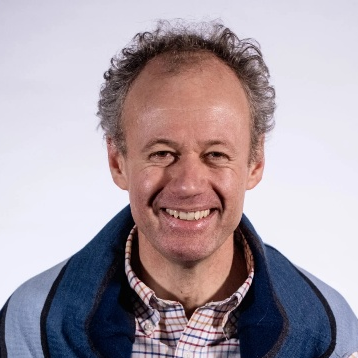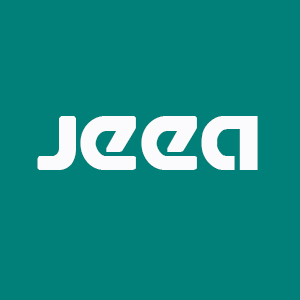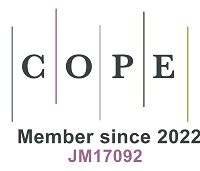Special Interview with Prof. Rainer Lohmann
On February 10, 2025, the Editorial Office of Journal of Environmental Exposure Assessment (JEEA) had the pleasure of interviewing Prof. Rainer Lohmann, a leading environmental chemist from the Graduate School of Oceanography, University of Rhode Island, USA. Prof. Lohmann's research centers on the sources, transport, exposure, and effects of anthropogenic organic pollutants.
During the interview, he shared insights from his extensive research on the transport, fate, and exposure pathways of a wide range of organic contaminants, including polycyclic aromatic hydrocarbons (PAHs), chlorinated pesticides, flame retardants, and emerging fluorinated compounds such as per- and polyfluoroalkyl substances (PFAS). His group has advanced passive sampling technologies to measure contaminants in air and water, enabling more accurate and cost-effective assessments of both human and ecological exposure. Prof. Lohmann discussed the strengths of these tools, as well as their current limitations, emphasizing the need for improved understanding of chemical uptake mechanisms, environmental variability, and personalized exposure assessment. Regarding PFAS, he highlighted the complexity of their diverse chemistries, widespread presence in consumer products, food, and water, and the challenges in regulating and communicating the associated health risks. Looking ahead, his research focuses on identifying smarter, less persistent chemical alternatives and refining exposure assessment methods.
For young researchers, Prof. Lohmann advised maintaining passion, resilience, and adaptability. He encouraged young scientists to build a strong niche, mentor emerging researchers, and publish high-quality reviews to establish credibility early in their careers.
Watch the video for Prof. Rainer Lohmann's expert insights:
Interview Questions:
1. Could you briefly introduce the research work and key achievements of your diverse research group?
2. What positive contributions has your group's development of passive sampling made to environmental exposure assessment? What are the current limitations of this technology?
3. Per- and polyfluorinated alkyl substances (PFAS) are a family of pollutants of significant concern. What do you think are the biggest challenges in studying their sources, transport, and exposure? What future research directions interest you most?
4. Beyond your academic achievements, you have mentored many outstanding students. What advice would you give to young scholars aspiring to pursue a career in this field?
5. From your experience serving as an Editorial Board member for several renowned journals, what do you think JEEA should do to become a top journal in the field quickly?
About Prof. Rainer Lohmann:

Prof. Rainer Lohmann is a Professor of the Graduate School of Oceanography, University of Rhode Island, USA. His work focuses on the sources, transport, exposure, and effects of anthropogenic organic pollutants-particularly POPs and PFAS. He is internationally recognized for pioneering novel passive‐sampling methods to detect these contaminants, trace their environmental fate in aquatic and atmospheric systems, and characterize their bioaccumulation and ecological impacts. Prof. Lohmann has published over 150 peer‐reviewed papers and book chapters, and serves on the Editorial Boards of major journals in environmental toxicology and chemistry. His contributions have significantly advanced global understanding of how persistent chemicals move through the environment and affect ecosystems, earning him a leading role in environmental organic geochemistry and pollutant fate research.
Editor: Tracy Sun
Language Editor: Catherine Yang
Production Editor: Ting Xu
Respectfully Submitted by the Editorial Office of Journal of Environmental Exposure Assessment







